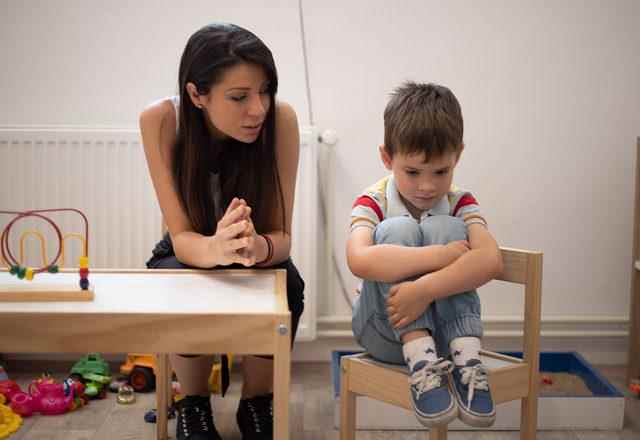The effects of traumas in the substance abuse process of drug users are quite high. The harms of trauma and drug use are known to everyone. Patients may start to use such substances from a young age. Childhood traumas and substance use adversely affect memory and verbal memory. A scientific study was conducted on the effects of “childhood trauma and drug addiction” in the Child and Adolescent Alcohol Substance Addiction Research and Application Center of the Ege University Medical Faculty Hospital. According to this research, Prof. Dr. Zeki Yüncü: – “We can say that the brain is more damaged in memory and verbal recall functions in the information processing process in traumatized substance addicts.”
CAUSES NEGATIVE LIFE-TIME INFLUENCES IN THE INDIVIDUAL
In a scientific study conducted with individuals aged 14-19 at Ege University, it was determined that childhood trauma and drug addiction cause deterioration in memory and learning functions, as well as the negative effects of the individual throughout his/her life. In the study, learning and memory functions were investigated in 60 young individuals from the sample groups of “substance addicts”, “substance addicts exposed to childhood trauma” and “non-drug users and not exposed to trauma”.
marijuana use can impair cognitive functions
Differences in cognitive functions emerged among the youth to whom complex figure and memory processes tests were administered. It was determined that the scores of instant memory, learning, long-term memory, recognition and recall were significantly higher in young people who were not drug addicts and did not experience childhood trauma. In addition, it was determined that cannabis use had a disruptive effect on cognitive functions. The most obvious negative effect of cannabinoid use on cognitive functions was seen in short-term memory, which is referred to as “the ability to retain information in its raw form”.
LOW RATE OF GOING TO SCHOOL OF TRAUMA VICTIMS AND SUBSTANCE ADDICTIVE CHILDREN
It has been determined that a common problem among young people with childhood trauma is impairment in “verbal memory”, which is known as “attention” and “the ability to store oral or written material in memory and retrieve it when necessary”. The rate of young people not attending school was 10 percent in the healthy control group, 40 percent in substance addicts, and 65 percent in both drug addicts and trauma victims.
MOST COMMON TRAUMAS EMOTIONAL NEGLIGENCE, PHYSICAL AND SEXUAL ABUSE

prof. Dr. Zeki Yüncü told Anadolu Agency (AA) that the most common traumas faced by children are emotional neglect, physical or sexual abuse. Stating that they aim to investigate the consequences of childhood traumas in individuals who have used substance, Yüncü said: “When trauma occurs, changes occur in the mental structure of the child as well as in the brain tissue. The traumatized child manages processes worse. Behavioral, sensory and cognitive. The information is not processed adequately. Self integrity cannot be maintained and negative developments are reflected, and there are some situations such as substance use disorder.”
ATTENTION, DECISION-MAKING AND PLANNING SKILLS ARE NEGATIVELY AFFECTED
Zeki Yüncü stated that the prefrontal and frontal cortex, which are responsible for the executive functions of the brain, are damaged in substance addicts and childhood trauma individuals, and their attention, decision-making and planning abilities are adversely affected. Yüncü emphasized that addiction, especially during adolescence, can lead to “permanent” results.
SOCIETY AWARENESS ON ADDICTION

Noting that in order to keep young people away from substance addiction due to its lasting effects, Yüncü said, “It is very important and necessary to inform the society about addiction. We need to use solidarity and warning mechanisms with each other to fight addiction, which has become a problem for the whole world.” said. Noting that it is of great importance for the society to embrace every individual, Yüncü said that parents should value the child and not threaten him with lovelessness.
EVEN IF CHILDREN USE SUBSTANCES, YOU SHOULD NOT IGNORE THEM

Pointing out that young people may exhibit poor performance in coping with negative situations due to the damage caused by drug use and trauma to the brain, Yüncü concluded: “Even if the child uses drugs, it is very important that we do not neglect him and prevent him from being abused. it will feel better.”
